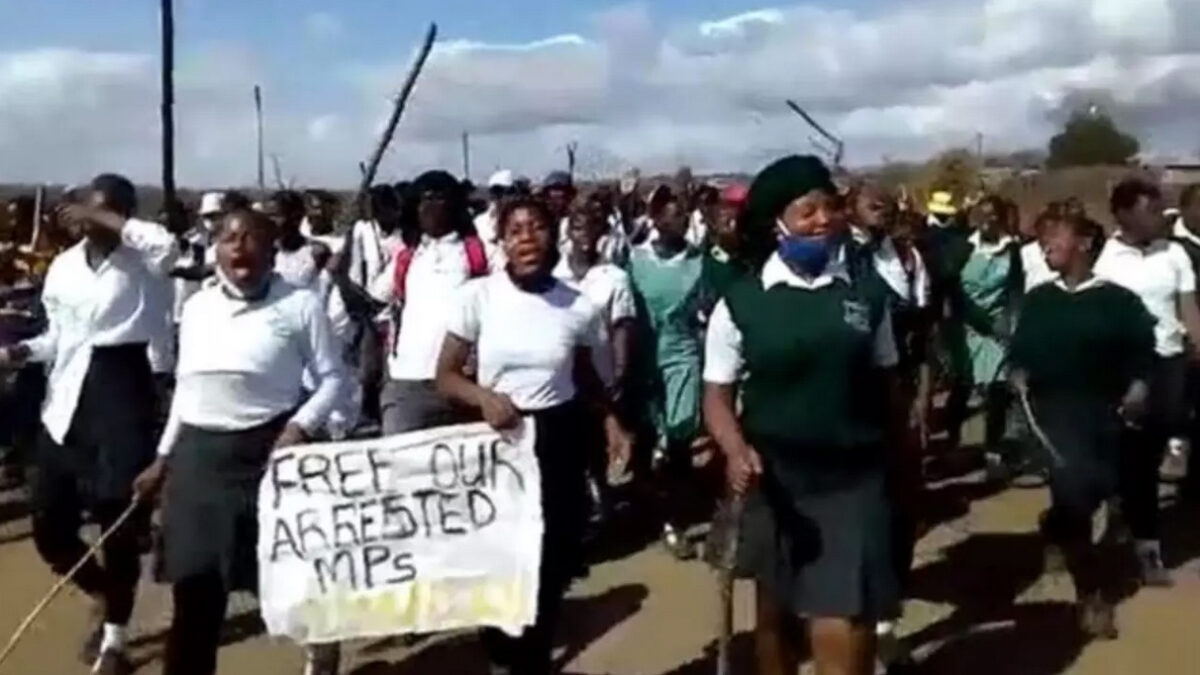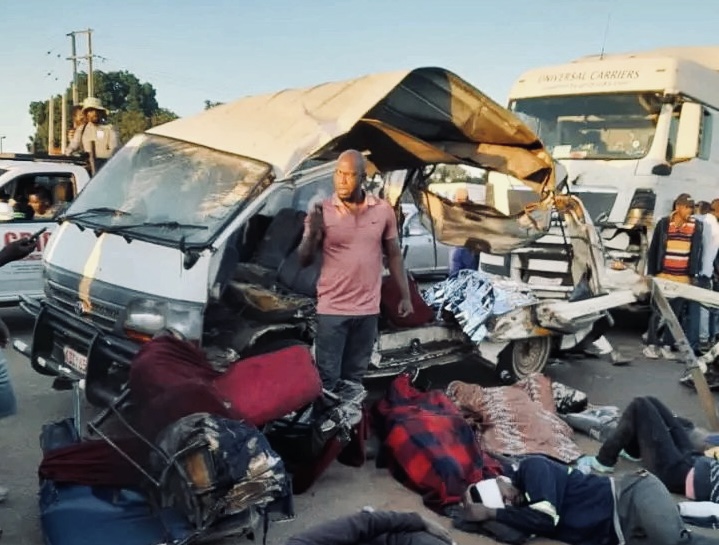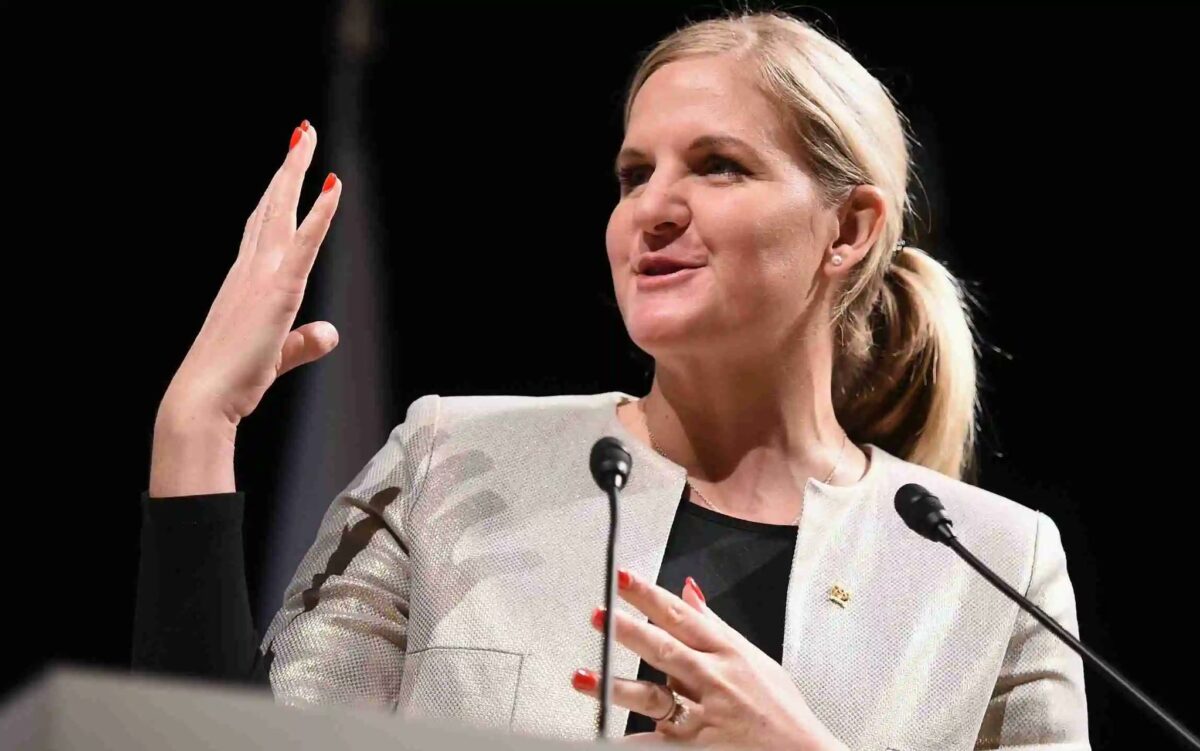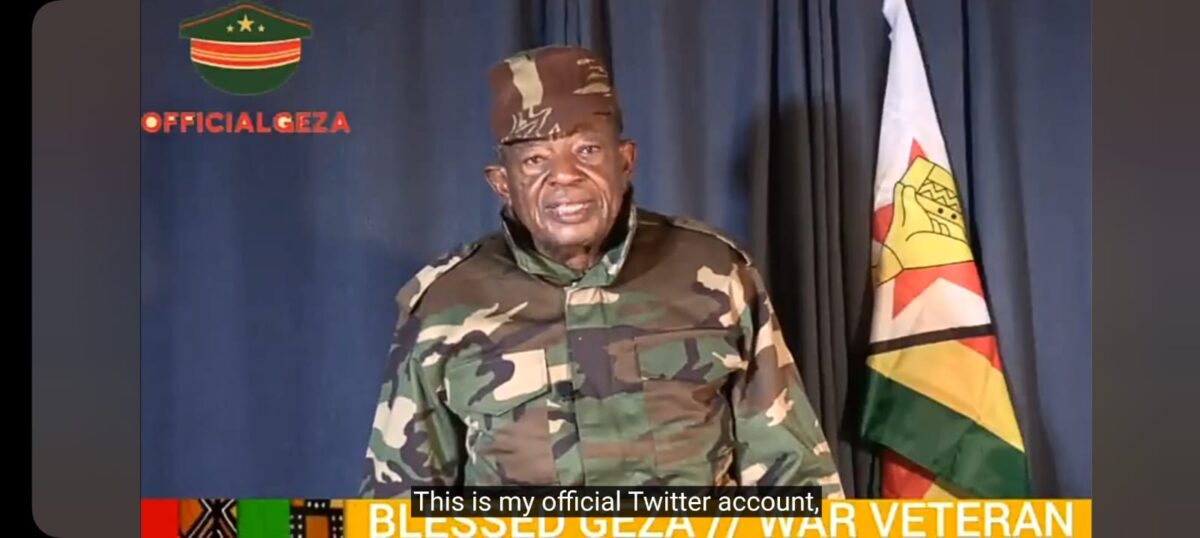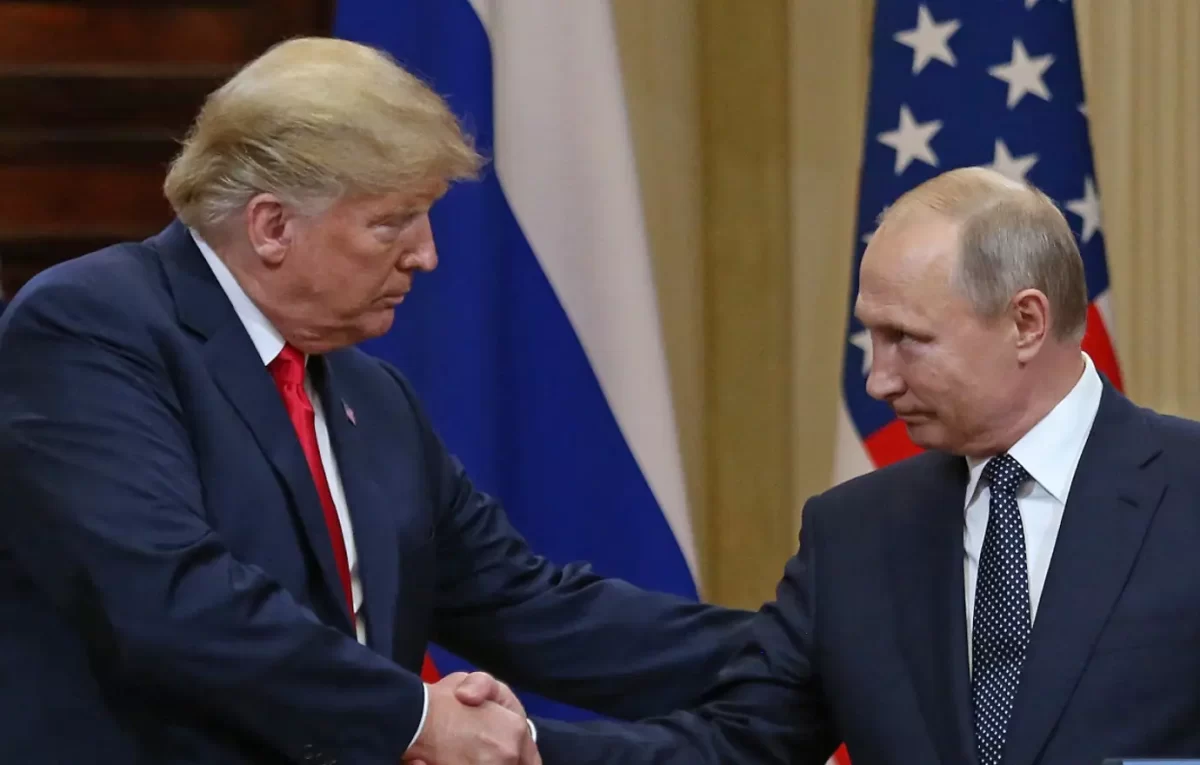MBABANE, Swaziland – United Nations secretary general Antonio Guterres has called on authorities in Eswatini to respect the rights of children after schools were closed and a new wave of protests against Africa’s last absolute monarchy was suppressed.
Guterres said in a statement that he was “following with concern the ongoing developments in Eswatini, including the recent deployment of armed security forces at various schools, reports of excessive use of force in response to student demonstrations, and the indefinite closure of schools.”
These developments “adversely” affect children and young people, and the UN chief “urges the government to ensure that security forces act in conformity with relevant international human rights standards, including the UN Convention on the Rights of the Child,” the statement added.
Guterres “condemns all acts of violence and urges all parties and the media to refrain from disinformation, hate speech and incitement” to violence, he said.
Pupils and students in the tiny, landlocked nation formerly known as Swaziland have been protesting for a number of weeks, boycotting lessons and calling for free schooling, as well as an end to the regime under King Mswati III.
Authorities said Saturday schools had been shut indefinitely, a day after the country shut down the internet for two hours as pro-democracy marchers headed to the capital.
At least 28 people have died as police clashed with protesters in some of the worst unrest in the southern African country’s history. The latest fatality came on Wednesday.
Unions, opposition parties, student groups and private commuter bus operators have all joined the latest protests over the past two weeks.
Public transport was also at a standstill over the weekend.
King Mswati III has ruled Eswatini since 1986 and owns shares in all of the country’s telecoms.
He is criticized for living a lavish lifestyle in one of the world’s poorest countries and is also accused of stifling political parties.
The king has accused demonstrators of depriving children of their education by taking part in the protests.

